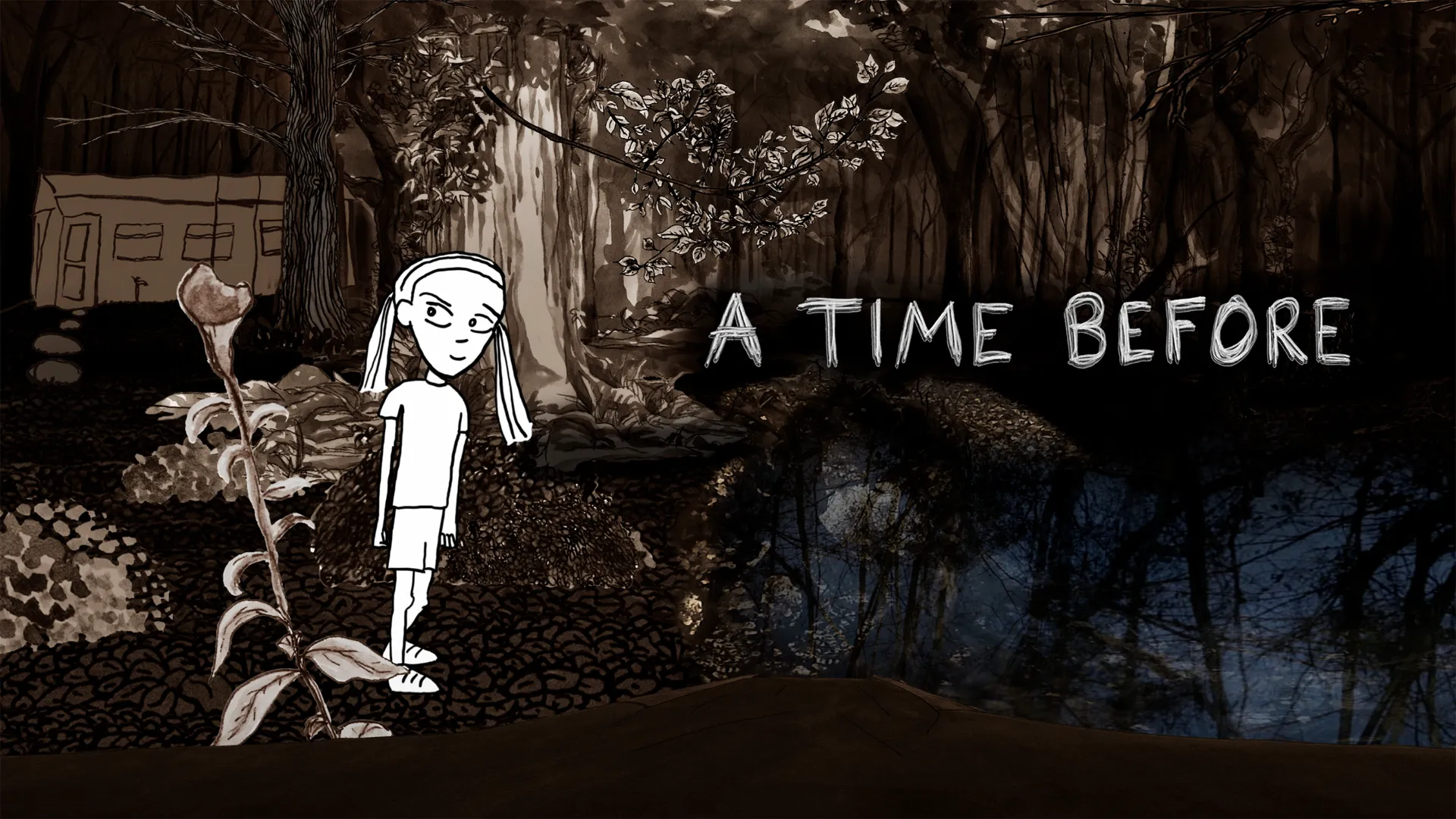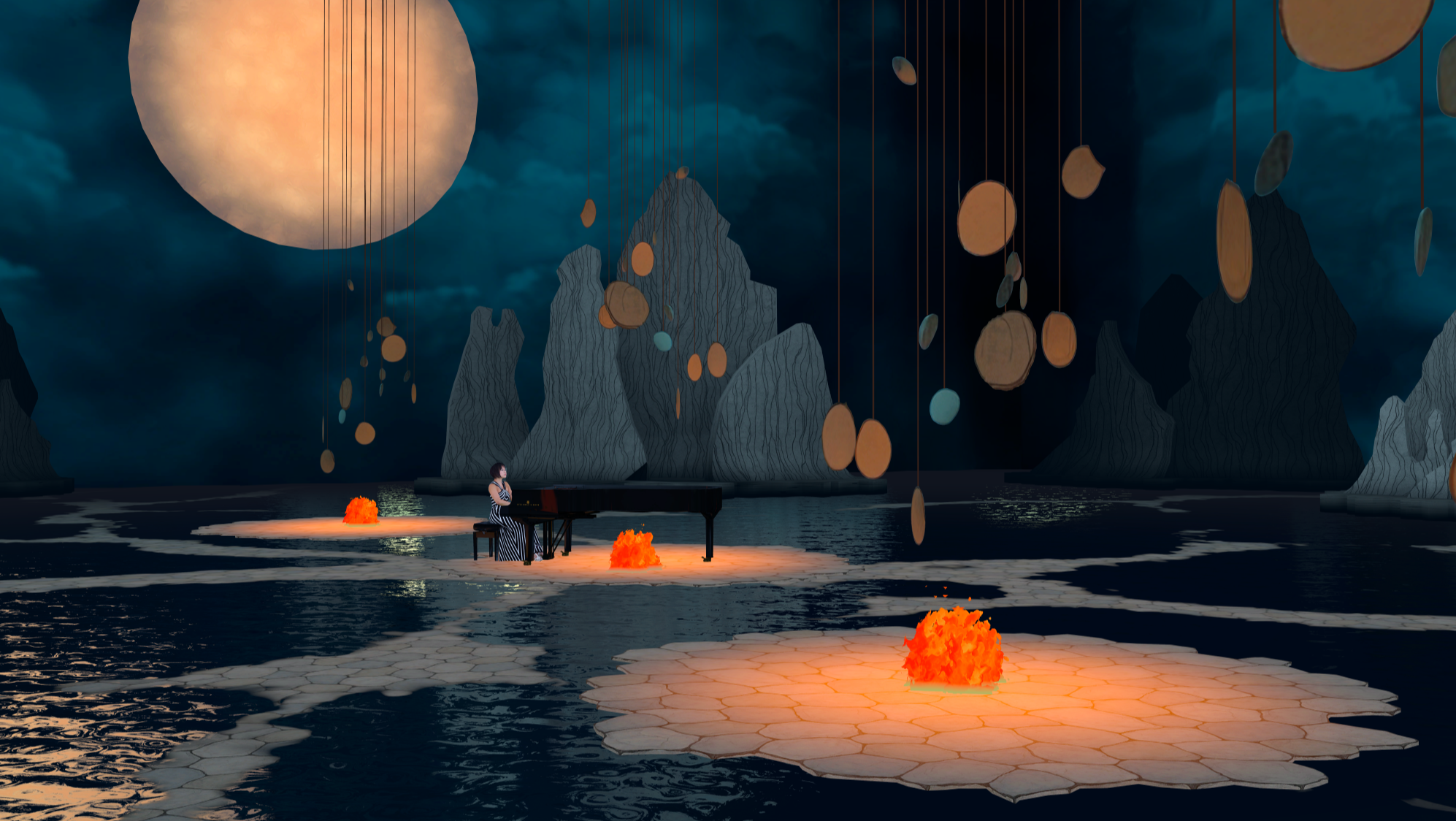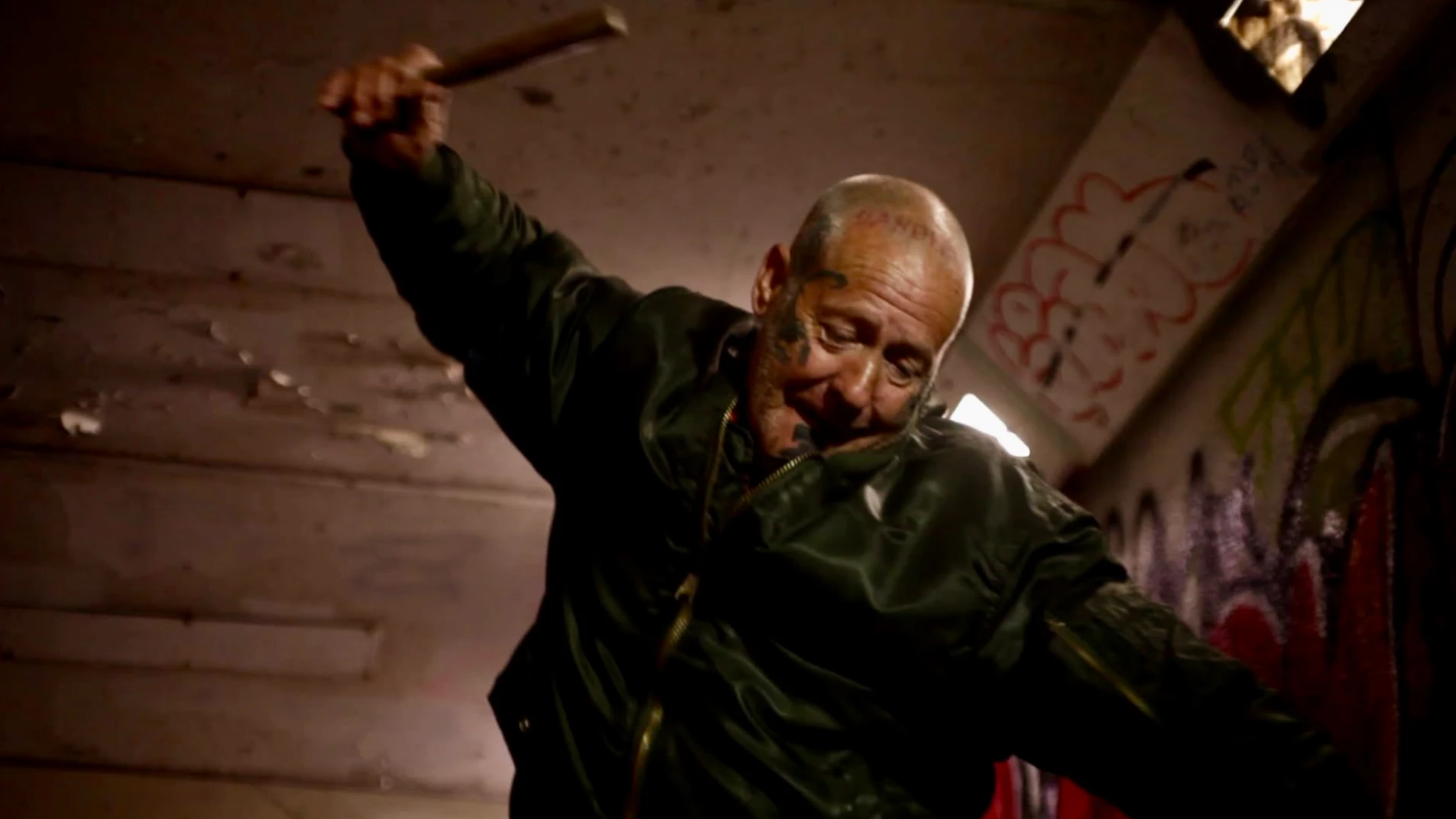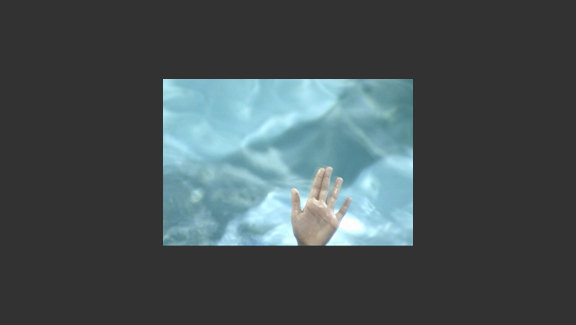k.364 A Journey by Train
Synopsis
It is a journey through a landscape and a past that is still only vaguely resolved for the protagonists. We accompany the musicians as they leave Berlin, travel through the town of Poznan, where the former Synagogue is still used as a swimming pool. The journey takes them to the Warsaw concert hall to perform Mozart's Sinfonia Concertante in E Flat Major with the Polish National chamber orchestra.
The film begins with a collage of sounds and abstract images from the municipal swimming pool of Poznan which was, in fact, originally built as a synagogue in 1907. Then the introduction to the protagonists' Levitan, the violist and Shiloah, the violinist' as they take on the appearance of apparitions, shot in detail, through the reflection of the windows of the train as it travels over a desolate landscape which quickly becomes the canvas for another journey to take place - a journey of ideas, memories and music.
Details
- Year
- 2010
- Type of project
- Features
- Running time
- 70 mins
- Format
- HD
- Director
-
Douglas Gordon
- Producer
- Douglas Gordon, Philippe Parreno
- Co-Producer
- Douglas Gordon, Philippe Parreno
- Editor
- Sari Ezouz
- Director of Photography
- Goerge Geddes
- Sound
- Paul Oberl
- Composer
- Mozart’s Sinfonia Concertante in E Flat Majo
- Principal cast
- Avri Levitan, Roi Shiloach
Categories
Production Status
Production Company
Lost but found film limited (UK)
19 Rutland SquareEdinburgh EH 1 2BB
UK
T +49 306 162 5415
Sales Company
Lost but found film limited
Gneisenaustrasse 66/67Eingang E
3. Stock
10961 Berlin
Germany
Page updates
This page was last updated on 12th May 2025. Please let us know if we need to make any amendments or request edit access by clicking below.
See also
You may also be interested in other relevant projects in the database.
 A Time Before
A Time Before
Director: Leo Metcalf
Year: 2024
Olly sifts through his memories searching to understand why he is the way he is. The narrative swings between two contrasting worlds: his memories of his first years, captured by his childhood drawings, and surreal underwater live-action scenes representing his dreams. We witness fragmented memories of a torn family - an abusive father, a mother whose memory seems faded, and a sister, Sally, encouraging her little brother to escape through imagination and dreams. As memory and fantasy blur, The Time Before becomes a meditation on the stories we tell ourselves to survive, and what is lost in the telling. Official Selection Aesthetica Film Festival 2024
 Playing with Fire: An Immersive Odyssey with Yuja Wang
Playing with Fire: An Immersive Odyssey with Yuja Wang
Director: Pierre-Alain Giraud
Year: 2025
Playing with Fire introduces audiences to an intimate virtual performance by Yuja Wang, inviting guests to witness the physical and mental act of performance through repertoire personally selected by Yuja, ranging from Bach and Chopin to Debussy, Prokofiev and Stravinsky. From this repertoire, writer and director Pierre-Alain Giraud has crafted a narrative and created transformative visual and musical worlds in collaboration with artist Gabríela Friðriksdóttir. At the center of the space, both real and virtual, is a Steinway & Sons Spirio concert grand piano, which acts as the bridge between the concert hall and the artist’s inner visions. The Spirio system—an advanced self-playing technology that can precisely record and reproduce the keystrokes of live performances—recreates Yuja’s virtuosity on the physical instrument in real time, synchronised with the holographic fingers of her virtual self.
 The Devil Makes Work For Idle Hands
The Devil Makes Work For Idle Hands
Director: Colin O’Reilly
Year: 2025
A man on parole, a struggling mother, and a pair of drug-dealing brothers each become part of a dizzying multiplicity of plots, but one story. A working class drama focusing on social mobility, disillusionment, and the struggles of working class people. Seen through the perspectives of three characters, the film is loosely based on real life events and uses a mixture of professional and first time actors.
